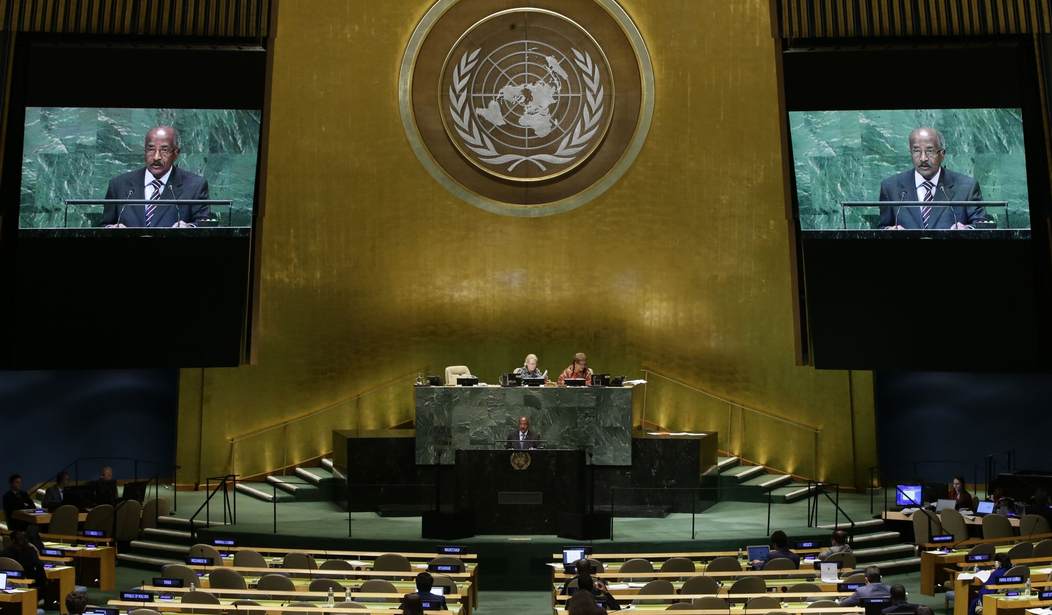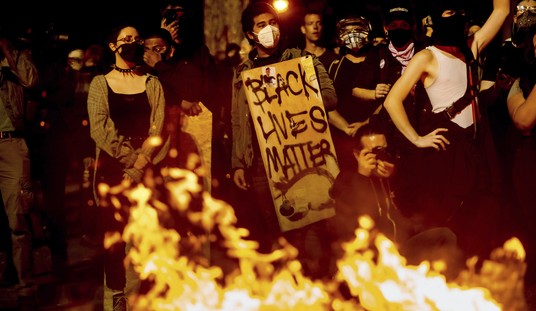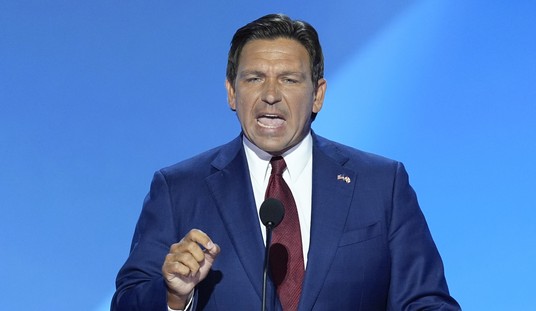We are told that climate change is real and immediate actions are necessary to tackle the challenges it poses.
The United Nations (UN) issued a new report on climate change last week, calling for a massive tax on carbon dioxide emissions in order to avoid the coming climate apocalypse.
However, Climate Actions—a terminology used in climate change circles to denote actions taken towards mitigating or resolving climate change and related problems—are inherently restrictive and prohibit the use of conventional energy sources, requiring nations to do a mandatory transition to renewable energy sources.
In reality, the cure is worse than the disease. Here is why.
For a common person, unaware of the behind-closed-doors discussions of UN climate negotiations, the proposed plans might sound reasonable and the most efficient way of dealing with the problem at hand.
But the UN seldom informs the public about climate scientists' errors or the limitations of renewables compared to conventional energy sources (fossil fuels, nuclear, and hydro), which provide over 90 percent of the world's energy.
These two factors—scientific error and technological limitation—hold the key to accurate understanding of climate change and to sound policies in response to it.
On Scientific Error
Firstly, the mainstream media have largely remained silent on the monumental failure of climate predictions made by the UN’s climate change body, the Intergovernmental Panel on Climate Change (IPCC).
For the past decade, the IPCC's temperature forecasts, spun out by computer models, have informed global policy. But the forecasts have failed miserably, with temperature projections grossly exceeding actual observations. But the UN still uses them to churn out dire warnings of a mystical global climate apocalypse.
Recommended
On Technological Limitations
The UN’s mistakes about climate change don't stop with the science. It has been advocating aggressively for replacing conventional energy sources with renewable sources like wind and solar. Its efforts culminated in the Paris Agreement, which called for a reduction in carbon dioxide emissions through a mandatory transition to renewables.
But neither wind nor solar can produce reliable affordable electricity in the massive quantities needed to lift and keep whole societies out of poverty. Because they're intermittent—the wind doesn't always blow, and the sun doesn't always shine—they depend on backup sources from the very coal or natural gas they're intended to replace. Not one major city of the world is ready to rely solely on renewables.
That means the more a country's electric grid depends on wind and solar, the more it must maintain backup fossil fuel-driven plants, running at "spinning reserve," ready to ramp up power instantaneously to prevent grid instability. And that means paying for electricity twice. And it's expensive.
In comparison, coal, oil, and natural gas continue to meet some 66 percent the world's electricity demands successfully. The industrial revolution and the current energy mix of our world are testaments to that claim.
Marrying bad science with inefficient technology is a perfect recipe for disaster.
In most parts of the world, policies made at the highest offices decide the fate of billions. There is little room for error, and any discrepancy will negatively impact the lives of millions.
The danger posed by these policies is real and immediate. By shutting down the largest energy source, coal, on the basis of erroneous scientific predictions about global temperature, and adopting energy systems that fail regularly, the world will face disasters that dwarf any damage threatened by ongoing changes in temperature.
If there is any real threat, it is not from climate change—natural or manmade—but from powerful men in the United Nations and the governments of many nations who continue to be out of touch with the climate reality and impose dictatorial, restrictive climate change policies on us.
























Join the conversation as a VIP Member